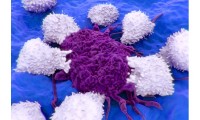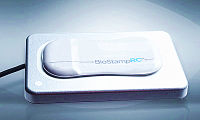-
Prothena Announces Global Neuroscience Research & Development Collaboration with Celgene for Novel Therapies for Patients with Neurodegenerative Diseases
- Source: finance.yahoo
- 693
- March 22, 2018
-
Researchers in aging tie genes to brain degeneration
- Source: fiercebiotech
- 662
- March 16, 2018
-
New cell death mechanism revealed
- Source: drugdu
- 1,173
- November 24, 2017
-
Alzheimer’s–Brain’s protective mechanism revealed
- Source: medicalnewstoday
- 839
- October 30, 2017
-
FDA grants orphan drug status to UniQure’s Huntington’s Disease treatment
- Source: 4-traders
- 1,045
- October 12, 2017
-
MC10 and Shirley Ryan AbilityLab to clinically study BioStampRC System
- Source: massdevice
- 951
- August 16, 2017
your submission has already been received.
OK
Subscribe
Please enter a valid Email address!
Submit
The most relevant industry news & insight will be sent to you every two weeks.









